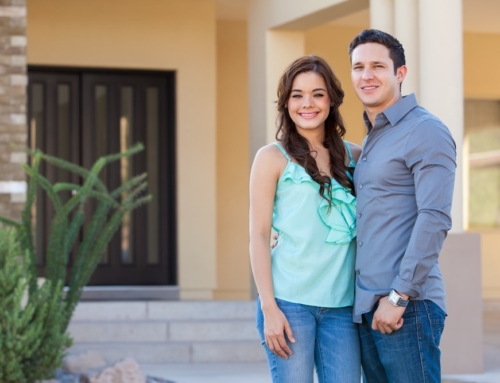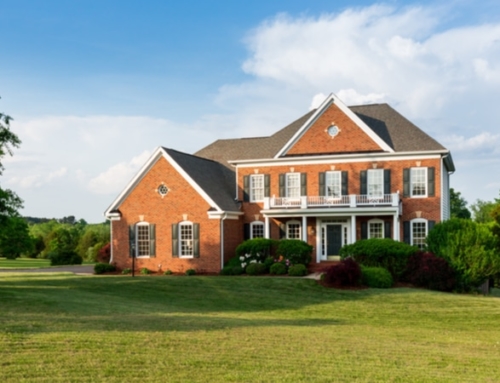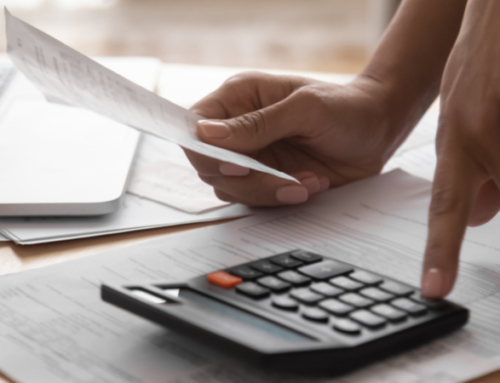Q: I’m 23 and planning to sell two investment properties I own this year. I lived in one for two years as a primary residence within the past five years.
This property has been a rental since March, 2006.
I purchased my other property the same month. I lived in it for six months, and then have rented it out for the past six months.
My plan is to sell both of these properties and use the money to pay off the debt on my current mortgage.
Will I have to pay capital gains tax on both properties? Will investing the money into my existing loan qualify for a like-kind exchange? I’m feeling a little lost with all these decisions.
A: Let’s see if I have this right: You’re 23 and have three properties that you own (or maybe more), and you expect to have some profit when you sell. Good for you. You don’t sound lost to me.
However, you do sound a bit confused about the rules regarding capital gains taxes on primary residences and investment properties.
Regarding your primary residence, current IRS rules allow you to keep up to $250,000 in profits (up to $500,000 if you’re married) when you sell, so long as you’ve lived in the house for two of the past five years.
For you, unless you’ve had a profit that exceeds this level, you’ll be able to keep the profits on the house you lived in as a primary residence tax free. However, IRS rules state that you may only use this exclusion once every 24 months. Because the property was rented, you may have other tax issues relating to the property and you should talk to an accountant about those issues.
When you sell the second property, which is an investment property, you would not be able to keep the profits tax-free. If you had moved into the second property, and lived there as a primary residence, you’d still have to wait 24 months to sell and keep that profit tax free.
When you sell the second property (your investment property), if you have owned it for at least 1 year, you will owe capital gains tax of up to 15 percent plus state tax on your profits. If you’ve taken any depreciation for the property on your taxes, you may have to recapture that depreciation.
You can’t take the profits and roll them over into your current home’s mortgage to avoid taxes. The only way to defer tax you may owe on an investment property is to do a 1031 tax free exchange and purchase a replacement investment property that costs at least as much as the property you’re selling.
I’m not sure that’s going to help you.
Before you do anything, you’ll probably want to read up on the rules so you know how to handle it. Go to www.irs.gov and check out Publication 523, “Selling Your Home.”
You may also want to hire a real estate attorney and/or accountant who understands real estate to help guide you further in what seems to be a profitable venture.
Published: Feb 17, 2007






Leave A Comment